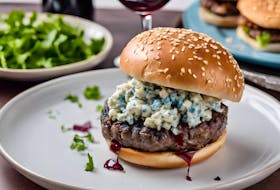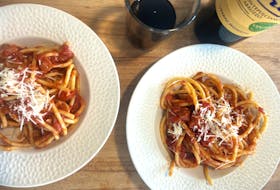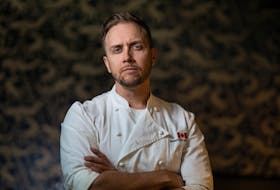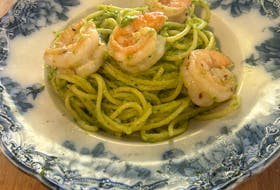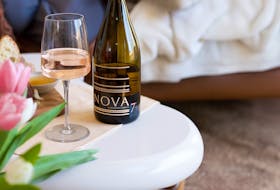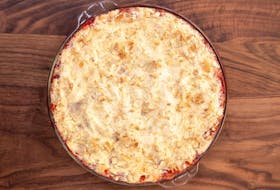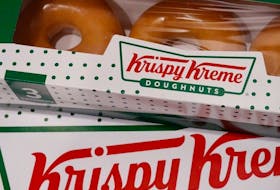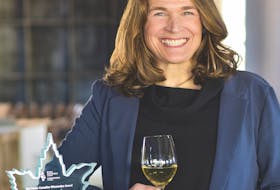Sweet and juicy, a perfect peach is one of summer’s great rewards. But Koji Furuyama, a fifth-generation peach farmer in Fukushima, Japan hopes the fruit can offer something more than fleeting pleasure. In growing the world’s sweetest peach, he hopes to create something so irresistibly delicious it counters radiation stigma.
Prior to the Fukushima Daiichi nuclear disaster in 2011, the region was known for its plump, uniformly pink peaches — as well as other agricultural products including asparagus, cucumbers, tomatoes, Japanese pears and rice. Nine years later, despite rigorous testing — the results of which prefecture officials say proves the safety of Fukushima produce — the food industry is still struggling to convince consumers.
In a bid to overcome fear of radiation, Furuyama is on a journey to grow an ever-sweeter peach. “Produce in Fukushima was recognized as the world’s most worthless and dangerous,” Furuyama told ABC News . “I thought of doing the complete opposite by making the world’s most delicious or sweetest peaches.”
At the Furuyama Fruit Farm, he grew a peach with an unrivalled 32 degrees Brix (a measure of sweetness) in 2016, according to Nippon.com . (The average Brix value of a peach is 11.8.) The following year, Furuyama sold a single peach for roughly $7,000, and customers were regularly dropping hundreds of dollars for his fruit in Tokyo’s department stores.
His new goal, ABC News reports, is to produce a peach so sweet it hits 40 degrees Brix and sells for $40,000: “The sweetness will be from an unknown world.”
Furuyama attributes the extraordinary sweetness of his peaches to soil quality, tree-ripening and patience. While some farmers might sell fruit from three-year-old trees, Nippon.com reports, he believes they take a minimum of five years to develop “and another ten to yield peaches a grower can ship with confidence.”
Fruit is a common gift for special occasions in Japan, and especially desirable specimens often come with a high price tag. Exemplifying its luxury status, a pair of Yubari King cantaloupes sold for nearly $63,000, a cluster of 24 Ruby Roman grapes for $15,000 at auction last year, and a box of 40-50 Sato Nishiki cherries typically retails for more than $500.
Furuyama isn’t alone in pushing to change attitudes through promoting Fukushima foods. Other area producers, including cattle farmers and persimmon growers, are seeking to quell radiation rumours by selling once again. To ensure food safety, staff at the Fukushima Agricultural Technology Centre reportedly test up to 200 different samples each day.
“The image of Fukushima produce took a hit after the March 11 disaster, and some of that reputational damage is still there,” Hideaki Suzuki, a prefecture official in the agriculture, forestry and fisheries department, told The Guardian in March. “Some people have a certain fixed image, so it is up to us to provide them with accurate information.”
In response to radiation fears, some producers have taken a more stringent approach to testing upon themselves. The Fukushima Mirai agricultural cooperative tests all fruit according to their own system, Takeshi Haga, director of anpokaki (dried persimmons) promotion told The Guardian . They established a limit of 50 becquerels of cesium radioactivity per kilogram of fruit, which is half the Japanese government’s maximum of 100 (Canada, by comparison, permits 1,000 Bq/kg). Every piece of produce bears a quality control sticker with its radiation reading.
“Some local sellers ask us if it’s really still necessary to have stickers on each fruit nine years on from the disaster,” Haga said. “But we think it’s best to keep reassuring consumers that our fruit is 100 per cent safe, even if it means creating extra work.”
Copyright Postmedia Network Inc., 2020

